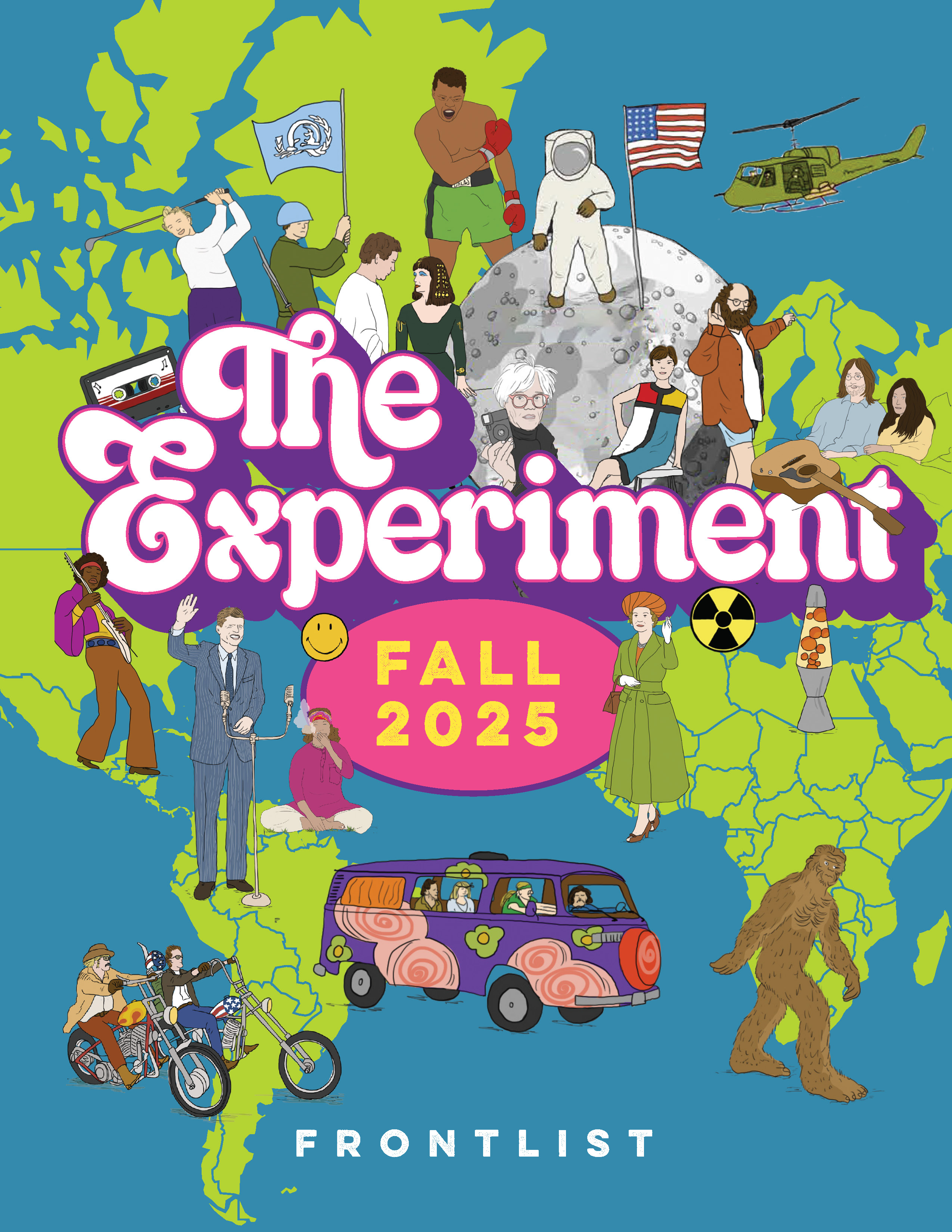Newsletter
- Your subscription could not be saved. Please try again.Thank you for subscribing!
Catalog
-
Thomas Ramge

Dr. Thomas Ramge thinks and writes at the crossroads of technology and economics, sustainability and society. He has published more than twenty nonfiction books, selling more than two million copies worldwide, including Who’s Afraid of AI?, On the Brink of Utopia, Reinventing Capitalism in the Age of Big Data, and The Global Economy as You’ve Never Seen It. His essays and articles appear in The Economist, Harvard Business Review, MIT Sloan Management Review, and Foreign Affairs. He holds a PhD in sociology of technology and is an Associated Researcher at the Einstein Center Digital Future. His work has been translated into twenty languages and has received numerous publishing awards, including the German Essay Prize 2022, the Axiom Business Book Award 2019 (Gold Medal, Economics), and the getAbstract International Book Prize 2018.

99 Ingenious Infographics That Put It All Together
by Thomas Ramge, Jan Schwochow, Adrian Garcia-Landa (Contributor)
by Thomas Ramge, Jan Schwochow, Adrian Garcia-Landa (Contributor)
Paper over Boards | $35.00 US / $45.00 CAN
The economy is a complex, world-spanning, layer-upon-layer-upon-layer behemoth: One could argue that almost every aspect of our lives is connected to the realms of business and finance. And yet few of us truly understand it—even the world’s foremost economists can’t … Continue reading →

Fear and Promise in the Age of Thinking Machines
by Thomas Ramge
by Thomas Ramge
Paperback | $9.95 US / $12.95 CAN
At a breathtaking pace, artificial intelligence is getting better and faster at making complex decisions. AI can already identify malignant tumors on CT scans, give legal advice, out-bluff the best poker players in the world, and, with ever-increasing skill, drive … Continue reading →

The Urgent Case for Geoengineering
by Thomas Ramge
by Thomas Ramge
Hardcover | $24.95 US / $32.95 CAN
Earth stands at a tipping point. As we fail to curtail emissions fast enough, our planet stares down a cascade of imminent, catastrophic, and irreversible disaster triggered by climate change. Yet a potent technology already exists to buy us more … Continue reading →

